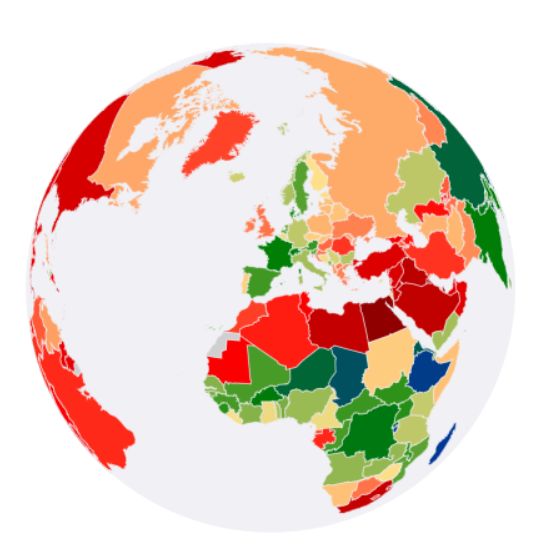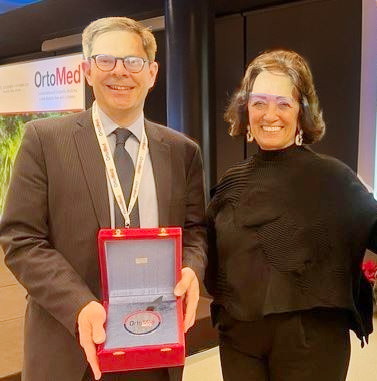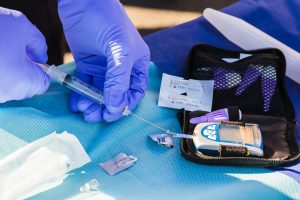
Current national guidance suggests that pregnant women take 400 IU vitamin D per day. However, a study from the University of Southampton has demonstrated that women achieve very different blood levels of vitamin D even when taking the same supplement dose.
In the study, which will be published in the Journal of Clinical Endocrinology and Metabolism, included 829 pregnant women, part of the MAVIDOS trial, who were randomised to either 1000 IU vitamin D per day or matched placebo from 14 weeks gestation until delivery of the baby. Blood vitamin D concentrations were measured at 14 and 34 weeks. The researchers found that despite the women in the intervention part of the study receiving the same dose of vitamin D through the trial, blood levels of vitamin D were higher amongst those women who delivered in the summer months, who had higher initial levels of blood vitamin D, who gained less weight during pregnancy, and who were more compliant with trial medication.
Professor Nicholas Harvey, Professor of Rheumatology and Clinical Epidemiology at the University’s MRC Lifecourse Epidemiology Unit, and who led the study with Dr Rebecca Moon, Clinical Research Fellow, commented, “The primary results from the MAVIDOS study suggested a potential benefit for maternal vitamin D supplementation during pregnancy on the bone mass of the offspring: our present findings suggest that in order to optimise vitamin D concentrations through pregnancy, the dose given might be tailored to a woman’s individual circumstances, for example the anticipated season of delivery.”
Professor Cyrus Cooper, Professor of Rheumatology and Director of the MRC Lifecourse Epidemiology Unit, University of Southampton, and who oversaw this work, added, “This work forms part of a larger programme of research at the MRC Lifecourse Epidemiology Unit, University of Southampton, addressing the early life determinants of bone development. Our findings of varied response to vitamin D supplementation according to individual attributes informs approaches to antenatal care, and will help the development of strategies to optimise bone development across generations and reduce the future burden of osteoporotic fracture.”








